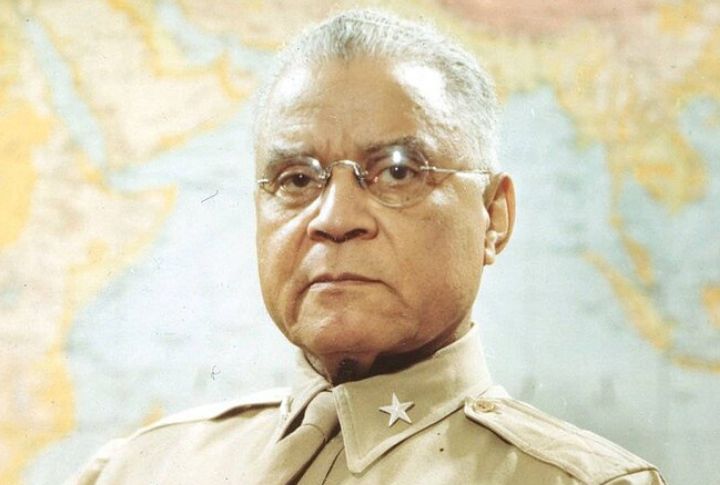
Amid the sweeping chapters of American military history lie stories that have long been overlooked—trailblazers, tacticians, and silent heroes whose actions shaped wars and legacies. Their contributions remain vital, yet few remember their names. Slide next and explore the lives of ten extraordinary figures whose impact deserves a second look.
General Adam R. “Stovepipe” Johnson
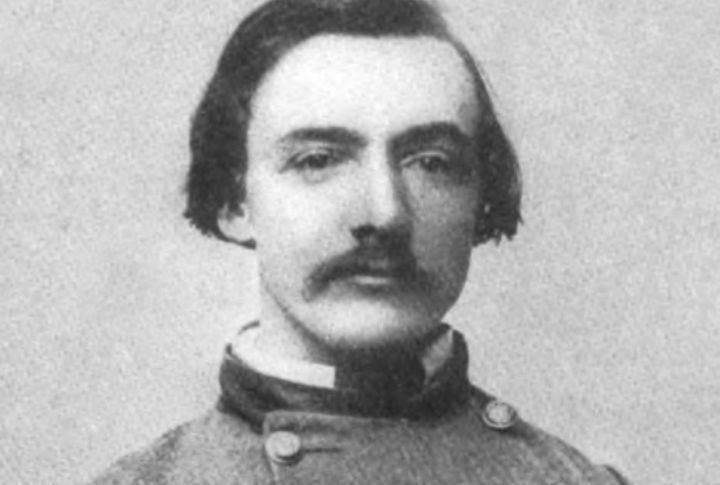
General Adam “Stovepipe” Johnson captured Newburgh, Indiana, in 1862 using fake stovepipe cannons and just 35 men. A friendly fire in 1864 left him blind, after which he struggled to continue serving. After the war, he founded Marble Falls, Texas, and wrote “The Partisan Rangers of the Confederate States Army” about his daring Civil War exploits.
Eugene Ely
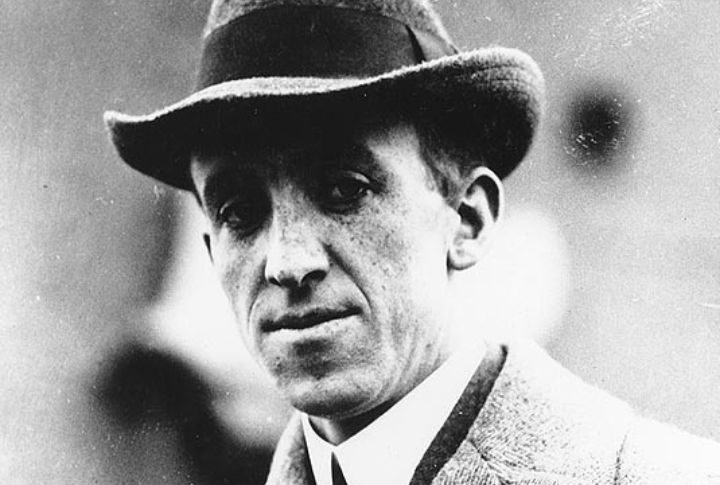
At just 24, Eugene Ely revolutionized naval aviation. In 1910, he launched from the USS Birmingham, then landed on the USS Pennsylvania in 1911 using a Curtiss Pusher and an early tailhook. A self-taught pilot, he held license #17 before dying in a crash months following his historic landing.
Commodore Thomas Macdonough
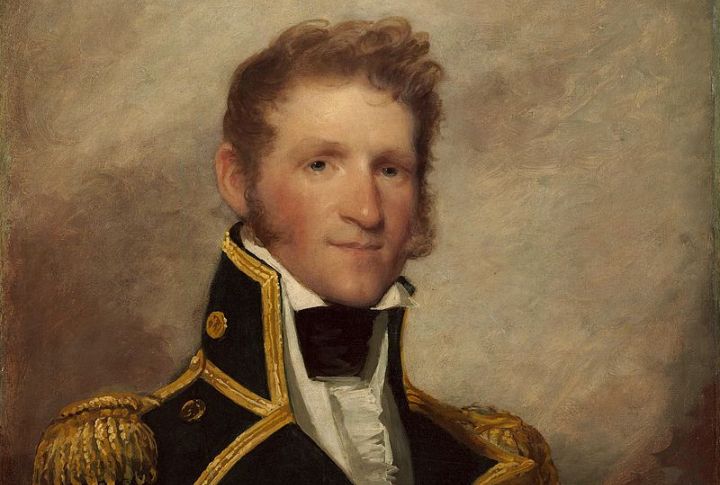
Thomas Macdonough’s bold tactics at Lake Champlain in 1814 turned the tide of the War of 1812. By anchoring his fleet and using spring lines to pivot ships mid-battle, he forced close-range combat that nullified Britain’s long-range firepower. His victory in 1814 spurred the Treaty of Ghent. A veteran of the Barbary Wars, Macdonough died at sea in 1825.
Colonel Charles Young
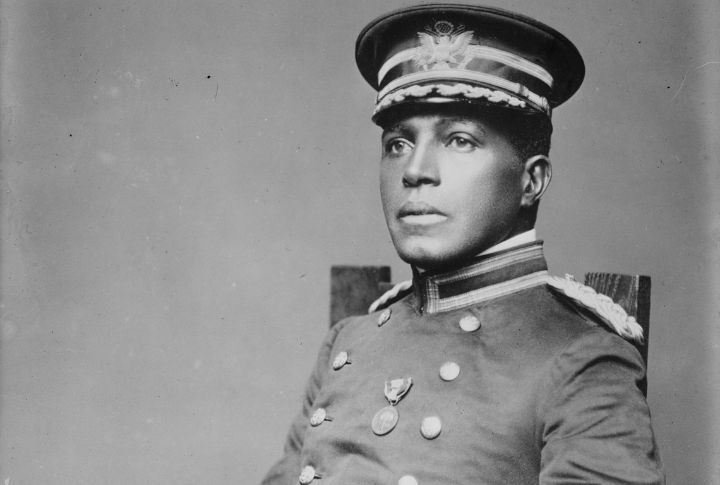
Colonel Charles Young broke barriers throughout his military career. He was the third African American to graduate from West Point and the first Black superintendent of a US national park. A veteran of three wars and a gifted linguist, he was posthumously promoted to brigadier general more than a century later.
Mary Edwards Walker
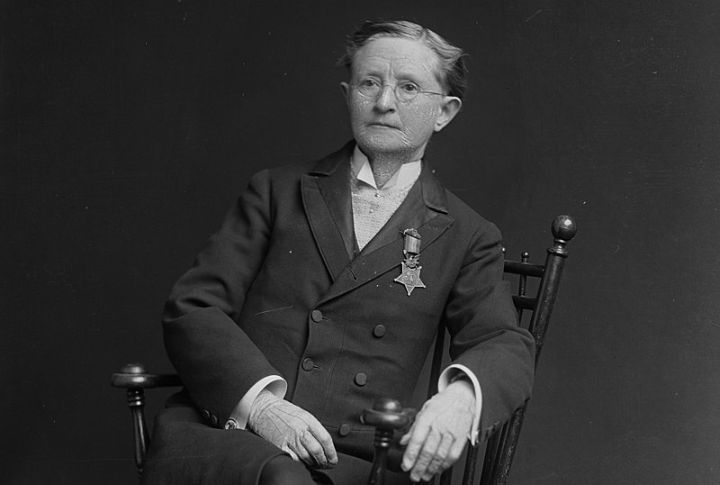
Mary Edwards Walker rewrote the rules. As the only woman to receive the Medal of Honor, she served as a Civil War surgeon deep in enemy territory, endured capture, and later fought for women’s rights. Her medal, revoked in 1917, was finally reinstated in 1977, decades after her death.
Major General Smedley Butler
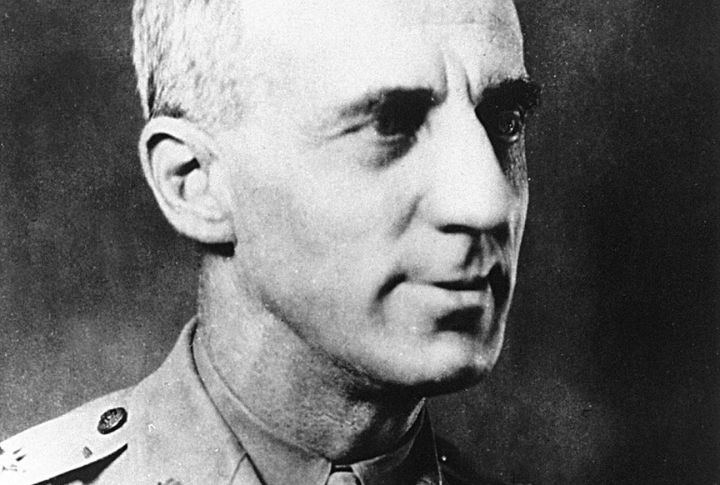
Few Marines stirred more controversy—or earned more medals—than Major General Smedley Butler. A two-time Medal of Honor recipient, he served in conflicts from the Boxer Rebellion to WWI. Post-retirement, he turned sharply against US interventions and exposed the “Business Plot.” He denounced war profiteering in his book “War Is a Racket.”
General Benjamin O. Davis Sr.
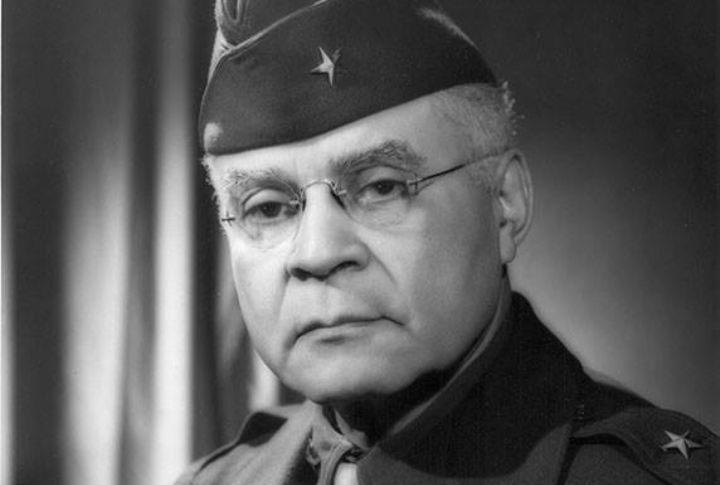
Against all odds, Benjamin O. Davis Sr. became the first Black general in US Army history. He served in four wars, fighting systemic racism while mentoring future leaders. His son led the Tuskegee Airmen. After 50 years of service, Davis was laid to rest at Arlington National Cemetery.
Colonel Ruby Bradley
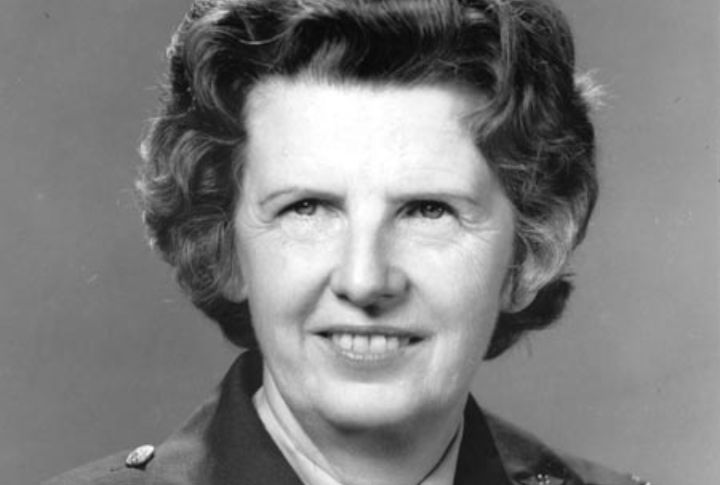
Colonel Ruby Bradley, one of America’s most decorated women, performed surgeries and saved lives as a WWII POW. She stayed in Korea through danger and hunger, hiding supplies and ensuring every wounded soldier made it out safely. Her 34 honors reflect a legacy of fearless compassion in the face of war.
Lieutenant Colonel Charity Adams Earley
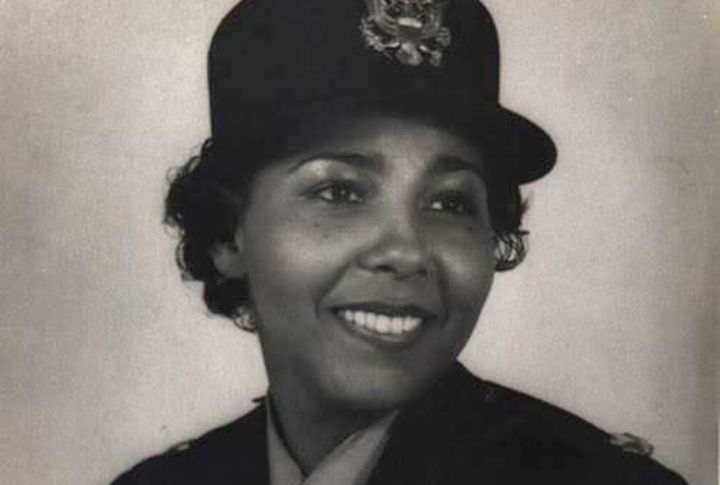
Long before the Army caught up to her, Lieutenant Colonel Charity Adams Earley was already leading the way. As the first Black woman officer in the Women’s Army Corps, she commanded the 6888th Battalion and delivered 17 million letters during WWII. She fought against segregation and was honored in 2023 with the Fort Gregg-Adams Award.
Elizabeth Van Lew
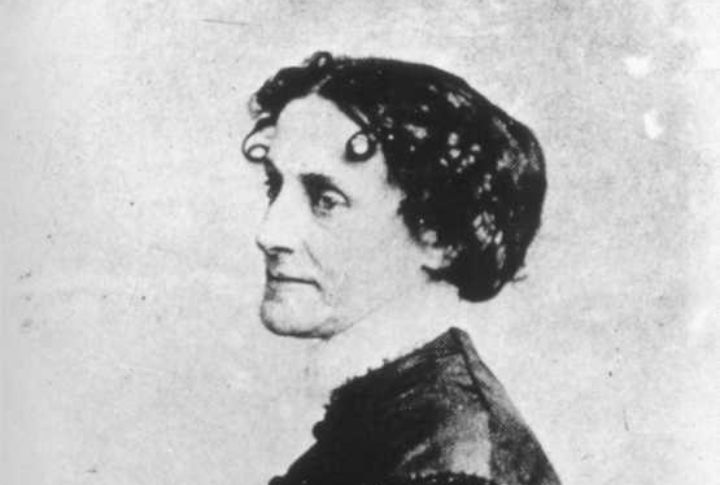
In the heart of Confederate Richmond, Elizabeth Van Lew ran one of the Union’s most daring spy networks. Posing as “Crazy Bet” to deflect attention, she hid messages in hollow eggs and turned her mansion into an intelligence hub. Once the war ended, President Grant made her Richmond’s postmaster for her service.

